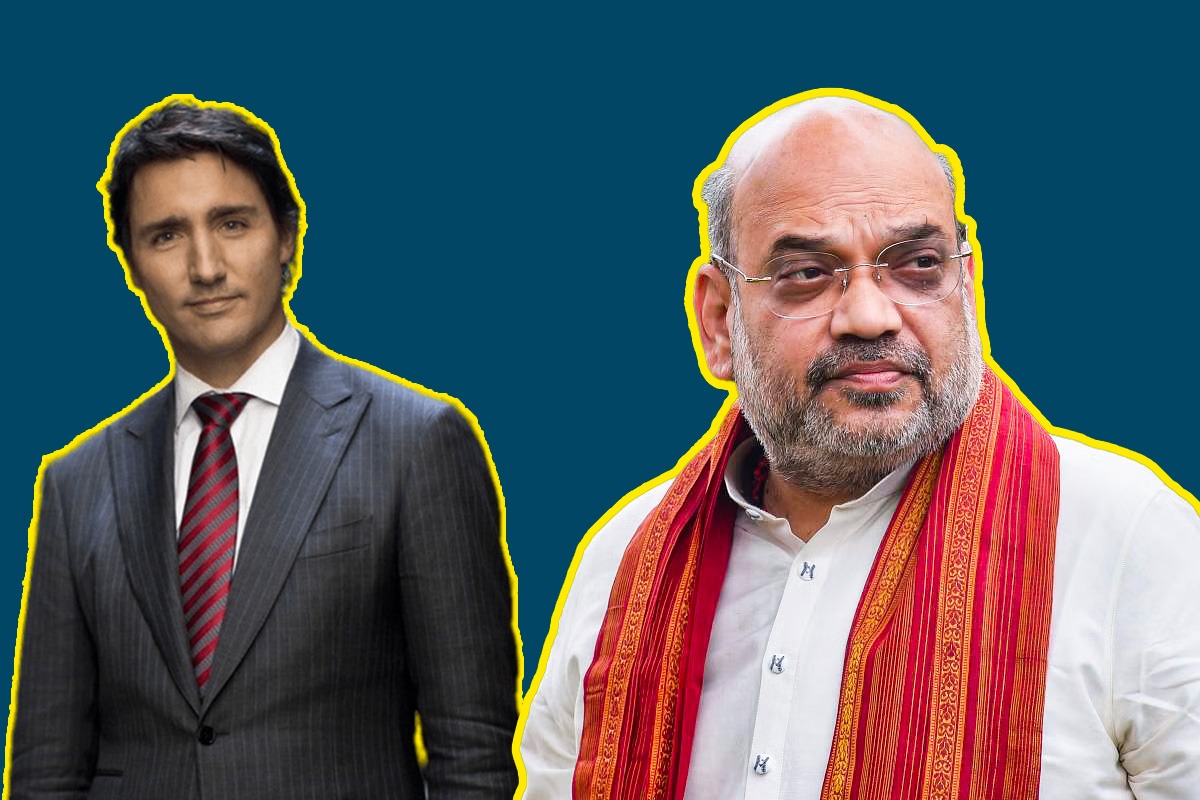NEW DELHI: In a recent diplomatic tussle between Canada and India, sparks flew after Canadian Prime Minister Justin Trudeau said that his statement in the House of Commons regarding India’s alleged involvement in the killing of Khalistani separatist Hardeep Singh Nijjar was a ‘move to deter India’.
Trudeau’s statement was met with a swift and stern response from India’s Home Minister, Amit Shah, who vehemently rejected the accusations and questioned Canada’s stance on harbouring people with terrorist backgrounds.
Trudeau’s initial claim insinuated a potential link between Indian agents and Nijjar’s murder, intending to dissuade India from repeating similar actions. However, Shah, while addressing a news channel conclave, firmly rebuffed these allegations, emphasising India’s denial and demanding an explanation regarding terrorists with Indian warrants finding refuge in Canada. He asked, “What are terrorists wanted in India doing in Canada?
“We have completely denied these allegations. They (the Canadian government) should also answer what terrorists wanted in India were doing in Canada,” Home Minister said.
This exchange intensified the strain on bilateral relations between the two nations. India dismissed Trudeau’s assertions as baseless and driven by ulterior motives, leading to the temporary suspension of visa issuance to Canadian citizens, which was later partially resumed after a hiatus.
In a year-end interview with The Canadian Press agency, Trudeau defended his public statement, citing the necessity to preemptively address leaked information and asserting that the announcement was intended as a deterrent to safeguard Canadians. “Too many Canadians were worried that they were vulnerable,” Trudeau said.
He mentioned engaging in prior diplomatic discussions with India, aiming to handle the situation discreetly, but emphasised the need for India to exhibit leadership on the global stage, particularly during the G20 summit.
“We knew it would be difficult conversations, but we also knew that this was an important moment for India to be demonstrating its leadership on the world stage with the G20,” Trudeau said. “And we felt that we could use that as a constructive opportunity to work together.”
Trudeau expressed concerns over Canadian vulnerability, stating that Ottawa had alerted India about the inevitable disclosure of information. He hinted at revealing evidence in a manner akin to the US once the investigation progressed to certain stages, while acknowledging the divergence in timelines between the US investigation and Canada’s approach to handling the matter.
The friction between the two nations escalated due to these allegations and counter-allegations, heightening tensions and necessitating delicate diplomatic manoeuvring to resolve the standoff.









